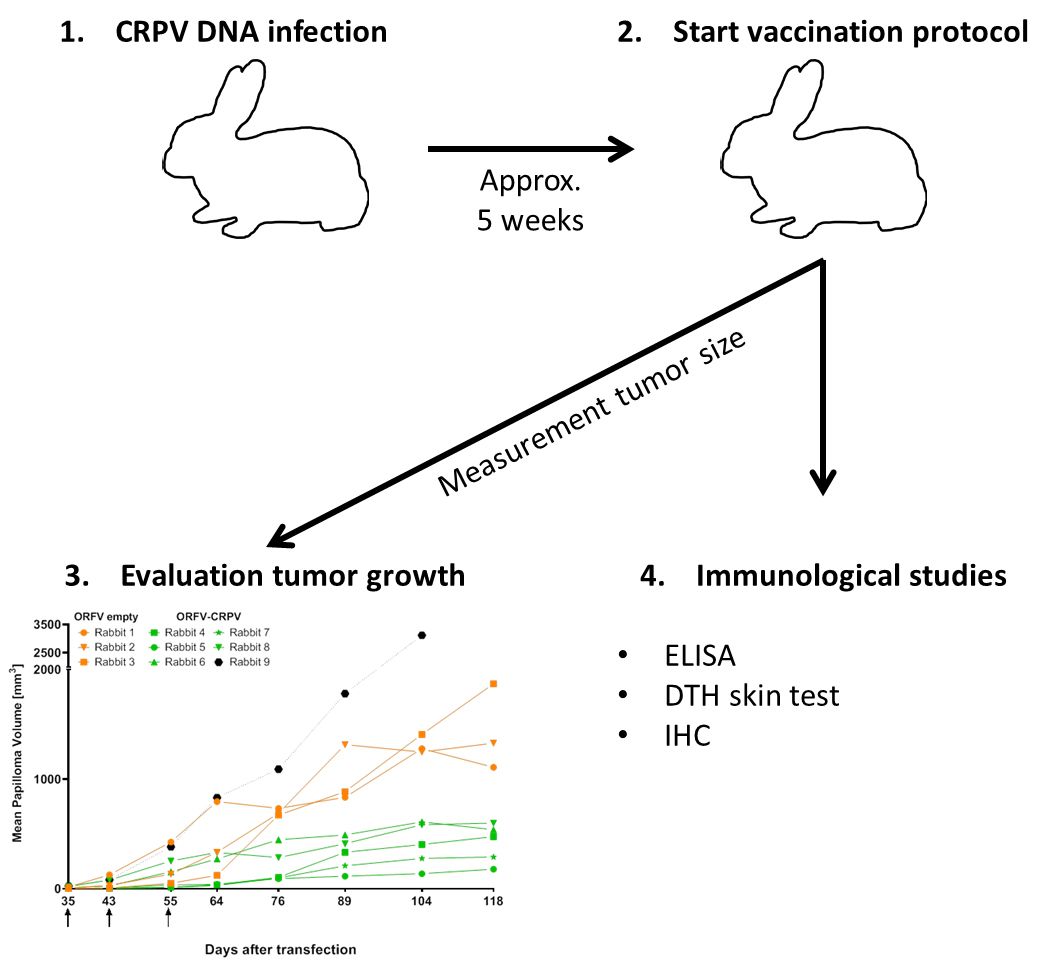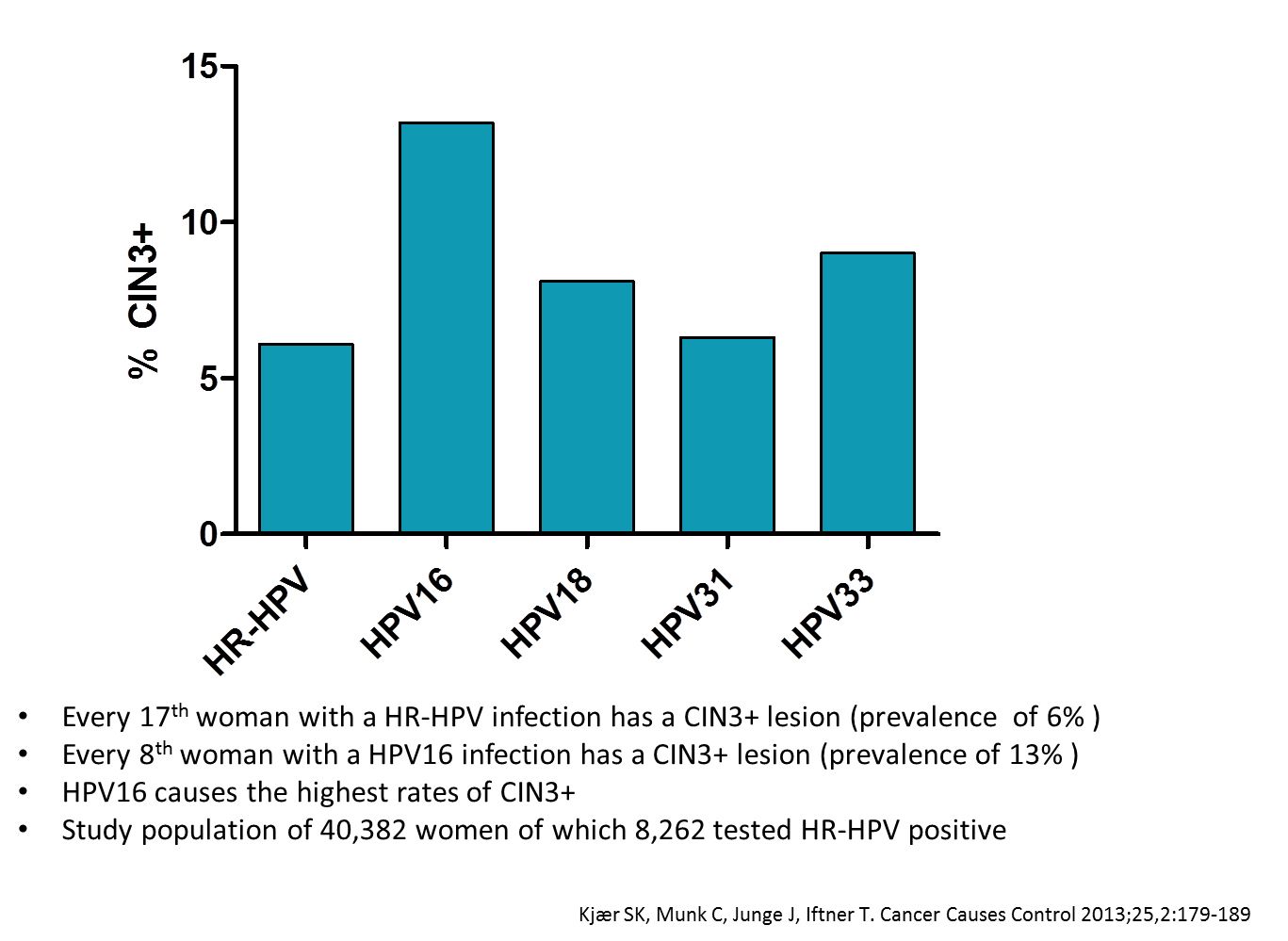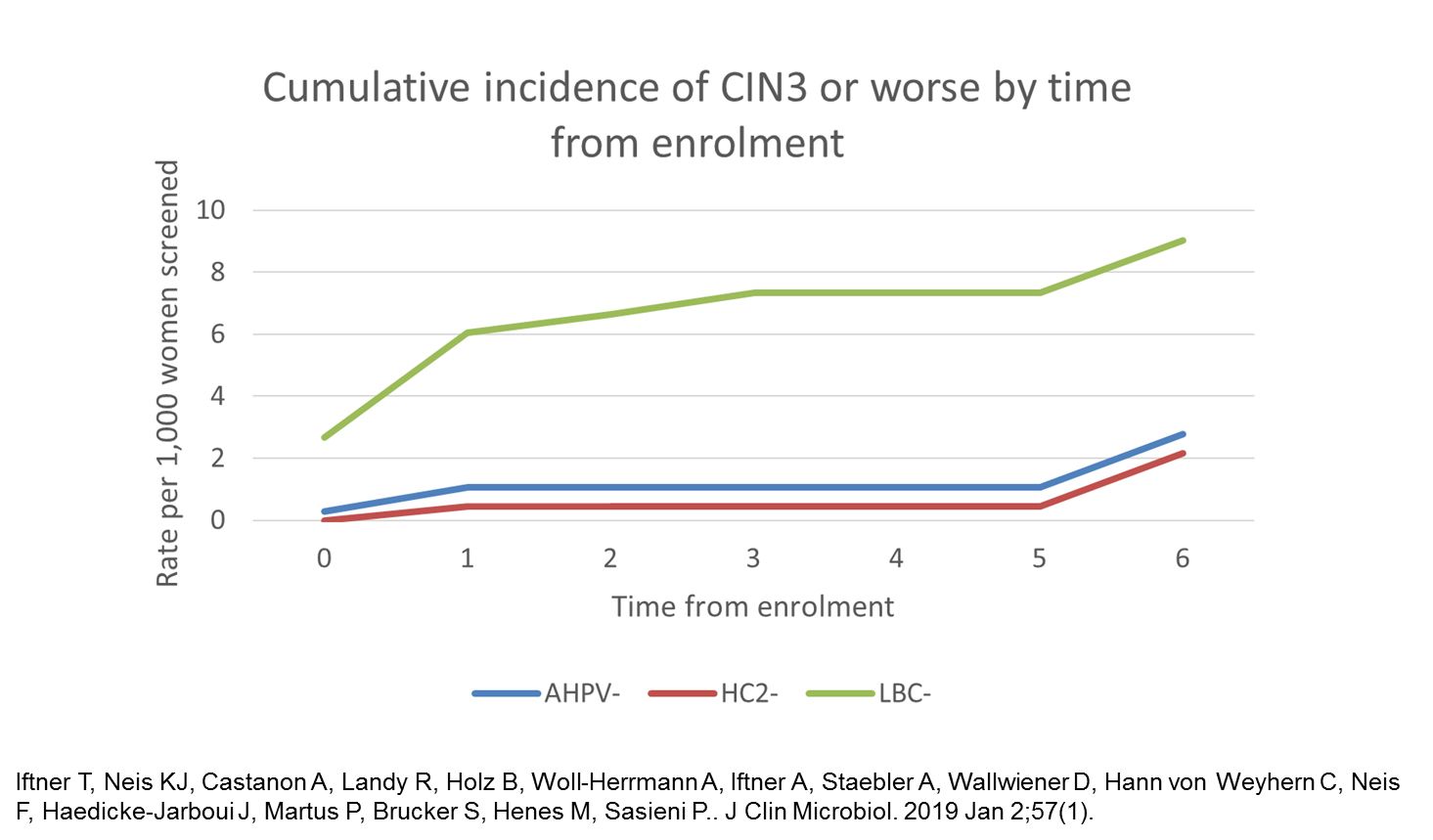Basic Science
Role of the E2-Brd4 interaction for the pathogenesis of papillomaviruses
Papillomaviruses have coevolved with their hosts and use cellular factors to manipulate the host cell, enable viral replication and induce cancer. The viral E2 protein is necessary for viral genome replication via its interaction with the viral E1 replicative helicase. In addition, E2 is a transcriptional regulator of viral and host cell genes and is involved in the post-mitotic segregation of viral genomes. Transcriptional regulation by E2 is mediated via a highly conserved interaction with the bromodomain containing protein 4 (Brd4). The C-terminal domain (CTD) of Brd4 binds to highly conserved residues in the N-terminal domain of E2. Recent studies by Wu et al., 2016 suggested that Brd4 contains an additional interaction domain consisting of the NPS and BID domains that binds to E2 in a phosphorylation-dependent manner. Using flow cytometry-based FRET assays and co-immunoprecipitation assays, we can confirm that E2 proteins interact with the Brd4 NPS/BID domain and, consistent with this, with Brd4S, an alternatively spliced isoform of Brd4 that lacks the CTD.
- What processes are regulated by the E2-Brd4S interaction during viral replication and virus-induced tumorigenesis?




















